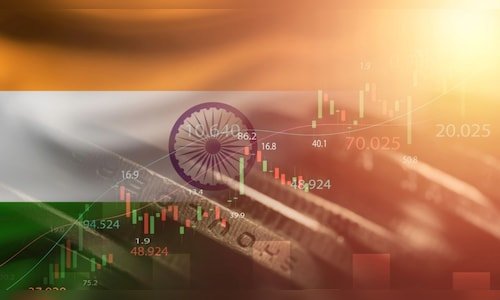‘$3.5 trillion economy, doubling every five years’: Experts on India’s transformation and potential

Ari Sarkar, Mastercard’s President for Asia Pacific, highlighted how Mastercard’s presence in India reflects the country’s consumer evolution. “Over a decade ago, there were just about 15 to 16 million unique credit card holders in this country,” he noted.
“Today, we are looking at about 55 million unique cardholders.” Emphasising the need for physical infrastructure to support digital growth, he added, “There is no digital infrastructure without physical… billions of dollars of hard infrastructure… to create telecom connectivity.”
Jitu Virwani, Chairman and Managing Director of Embassy Group, explained why India has attracted global corporations since as early as 1994.
“People here speak English and think English,” he said, describing it as a key factor for foreign companies. Recounting foreign reactions to India’s corporate parks, he shared, “There was a time when we traveled to the US and showed some of our videos, and people thought it was animated.”
When visitors experience India’s corporate parks in person, “they realise that [these are] actually buildings.” However, he acknowledged that while corporate parks offer world-class quality, external infrastructure still needs improvement, adding, “It actually [requires] the government… to bring about the change.”
Ankur Gupta, Managing Partner at Brookfield, noted India’s shift from a cost-saving destination to a strategic player in the global economy.
“India is part of the global economic ecosystem… a $3.5 trillion economy… doubling every five years,” he said. Predicting India will become “the greenest country in the world,” he cited “the abundance of resources” like solar energy. He added, “I would not be surprised that the target [for net-zero emissions] actually [is] achieved by 2047.”
Also Read: Courage, integrity, and transparency: Narayana Murthy’s blueprint for today’s entrepreneurs








